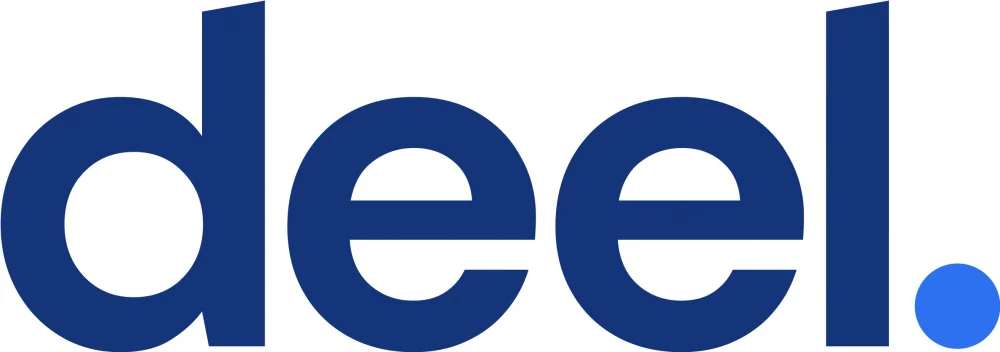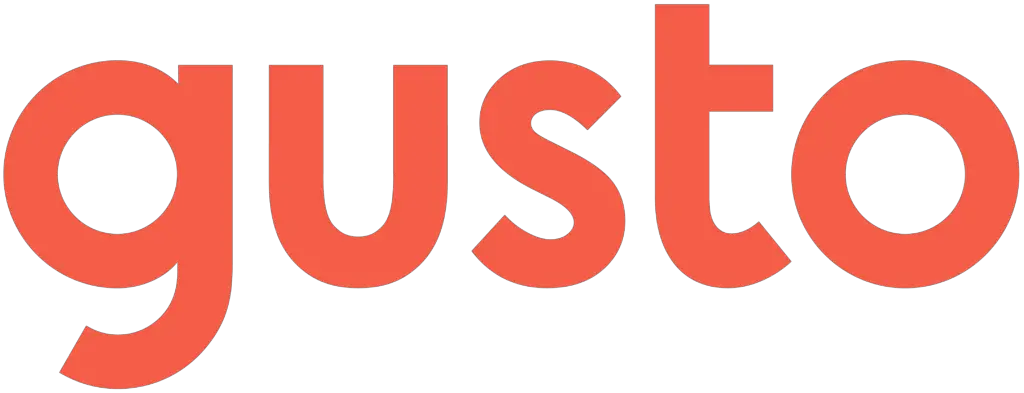This post may contain affiliate links. Please read my affiliate disclosure for more information.
In the realm of modern business, the landscape of workforce management is evolving rapidly, with an increasing number of companies relying on technology platforms to handle HR, payroll, and compliance tasks. Deel and Gusto are two prominent players in this space, offering solutions that streamline administrative processes, payroll management, and employee onboarding. In this article, we will provide a detailed comparison of Deel and Gusto, examining their features, pricing models, as well as the pros and cons of each platform.
Overview of Deel

Deel is a cloud-based platform designed to simplify remote hiring and global payroll management. It offers an array of features geared toward streamlining the onboarding process, facilitating payments, and ensuring adherence to local labor laws. With its user-friendly interface and extensive integration capabilities, Deel is appealing to businesses of various sizes seeking to manage a geographically dispersed workforce.
Overview of Gusto

Gusto, on the other hand, is a comprehensive platform that focuses on simplifying payroll, benefits administration, and HR tasks. It provides a centralized solution for managing employee information, running payroll, and offering benefits. Gusto’s all-in-one approach makes it a popular choice for small and medium-sized businesses that want to streamline their HR and payroll processes.
Feature Comparison
| Features | Deel | Gusto |
|---|---|---|
| Onboarding | Simplified onboarding process with e-signatures | Employee self-onboarding and document storage |
| Payroll | Automated payments in 120+ currencies | Payroll processing and tax compliance |
| Compliance | Monitoring of local labor laws and regulations | Compliance assistance and tax reporting |
| Benefits | Limited benefits management | Benefits administration and optimization |
| Time Tracking | Basic time tracking capabilities | Integration with time tracking systems |
| Integrations | Extensive integrations with other tools | Integration with accounting and HR systems |
| Customer Support | Email and chat support | Phone, email, and chat support |
Pricing Models
Both Deel and Gusto offer flexible pricing models that cater to businesses of varying sizes and operational needs. It’s important to note that exact pricing can differ based on factors such as the number of employees, specific features required, and any additional services.
Deel Pricing
Deel’s pricing typically involves a base fee along with an additional fee per employee or contractor. The base fee grants access to the platform’s core features, while the per-employee fee scales based on the number of workers being managed. Deel often provides a free trial period for businesses to explore the platform’s functionalities before committing to a subscription.
Gusto Pricing
Gusto’s pricing model is also tailored to suit the requirements of different businesses. It generally includes a base fee along with a fee per employee or contractor. This pricing structure enables businesses to select the features and services that align with their needs. Like Deel, Gusto offers trial periods for businesses to evaluate the platform’s suitability before making a long-term commitment.
Pros and Cons
Deel Pros:
- User-Friendly Interface: Deel is known for its intuitive interface, simplifying remote workforce management for HR teams and managers.
- Integration Ecosystem: The platform’s extensive integrations with other tools facilitate seamless workflow integration, making it versatile for various business needs.
- Global Payments: Deel supports automated payments in over 120 currencies, making it a valuable tool for businesses with international teams.
Deel Cons:
- Limited Benefits Management: Deel’s benefits management capabilities are relatively basic, which could be a drawback for businesses offering complex benefits packages.
- Feature Scope: While Deel covers essential remote workforce management features, it might not provide the full spectrum of solutions larger enterprises require.
Gusto Pros:
- Comprehensive HR and Payroll Solution: Gusto offers an end-to-end solution that encompasses payroll processing, benefits administration, and compliance management.
- Benefits Optimization: The platform provides features to help optimize benefits packages, which can be advantageous for companies seeking to attract and retain top talent.
- Customer Support: Gusto offers phone, email, and chat support, ensuring businesses have access to assistance when needed.
Gusto Cons:
- Learning Curve: Due to its comprehensive nature, Gusto might have a steeper learning curve, particularly for smaller businesses with simpler requirements.
- Potentially Higher Costs: The breadth of services offered by Gusto might come at a higher price point, which could be a consideration for budget-conscious businesses.
Conclusion
In the dynamic landscape of HR and payroll management, both Deel and Gusto emerge as significant players. While Deel excels with its user-friendly interface and versatile integrations, Gusto stands out with its comprehensive suite of HR, payroll, and benefits solutions.
The choice between these platforms depends on the specific needs and priorities of your business. Small to medium-sized businesses might find Deel’s simplicity and flexibility appealing, while those looking for an all-in-one solution might lean toward Gusto’s comprehensive offerings.
Ultimately, both Deel and Gusto aim to simplify the complexities of managing a workforce and ensure compliance with labor regulations, providing businesses with the tools they need to thrive in today’s ever-evolving business environment.

